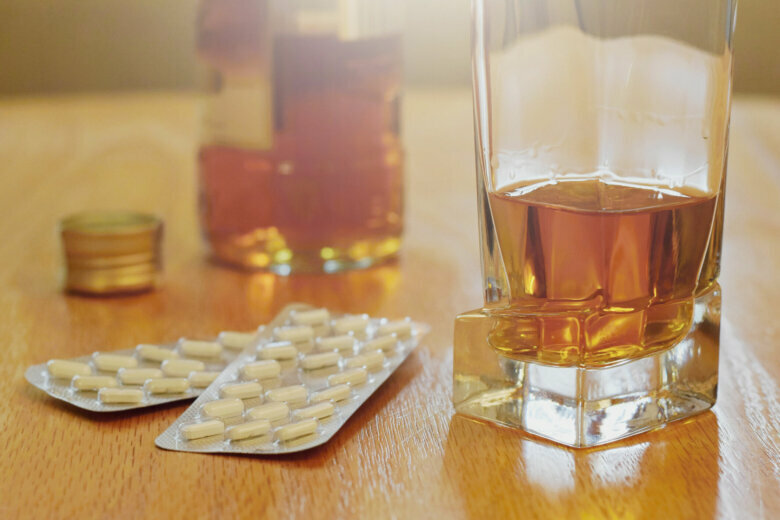
More than 30% of adults, and more than 50% of millennials, say they know someone who has faced difficulties dealing with alcohol or substance use during the COVID-19 pandemic, according to a survey conducted by the Inova Health System
Also, 36% of adults in Northern Virginia report that the pandemic has resulted in them drinking more alcohol.
“When it comes to alcoholism and substance use, we now see a significant increase in the number of people seeking treatment or asking about how to get treatment for alcoholism or other substance use disorders,” said Dr. Michael Clark, chairman of Inova’s Psychiatry and Behavioral Health Services.
But people also don’t seem to know where to turn for help.
“At least 50% of individuals who are having problems say they are not aware of how to get help for themselves or a family member,” Clark said.
- Sign up for WTOP alerts
- Latest coronavirus test results in DC, Maryland and Virginia
- DC Public Schools to start limited in-person classes in November
- U Street Music Hall closes its doors due to coronavirus pandemic hardship
- 31 states on DC’s latest list of high-risk states for coronavirus
- COVID-19 could kill 2,900 Americans a day in December
- Americans fault US govt over foreign powers for virus crisis
Looking for more information? D.C., Maryland and Virginia are each releasing more data every day. Visit their official sites here: Virginia | Maryland | D.C.
Inova’s Act on Addiction campaign is among many initiatives working to raise awareness and decrease the stigma around seeking treatment for addiction.
“No one chooses to have a substance use disorder and suffer all of the misery that comes with it,” Clark said.
The website offers webinars from national experts on addiction, mental health and resiliency, and “a number of different resources and offerings that patients and family members can utilize to figure out what are their next steps,” Clark said.
A recent study published in the JAMA Network found a 41% increase in women having four or more drinks in the span of a few hours. And, overall alcohol consumption by people older than 30 is up 14% compared to the same time last year.
Clark said people who are aware that a friend or family member might be struggling are often reluctant to bring up sensitive topics.
“Reach out to people that need help,” he said.
Clark’s advice: “Say, ‘I’m concerned about you, I care about you. You must notice that your behavior has changed and that the substance has become more of a focus in your daily life. Are you concerned about that? Can I help you with that? Because I’m concerned and I want the best for you.'”
The Substance Abuse and Mental Health Services Administration’s National Helpline Treatment Referral and Routing Service can be reached at 1-800-662-4357 (HELP).
Inova’s Behavioral Health Services Call Center can be reached at (703) 289-7560.









